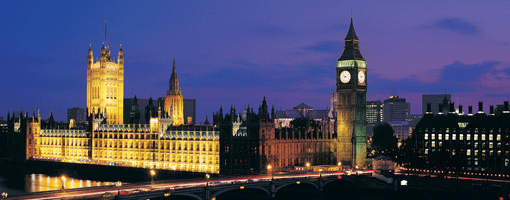The Women Against State Pension Inequality (Waspi) campaign has secured a "vital safeguard" for its legal case against the Department for Work and Pensions (DWP), as the government agreed to a 'costs capping order' that would limit their liability for legal costs to £60,000.
The order also means the DWP will only have to pay up to £90,000 for Waspi's legal costs if the High Court rules that their decision was incorrect.
The group had applied to the High Court to review the DWP's decision last year that the generation of some 1950s-born women should not receive compensation, after it rejected the Parliamentary and Health Service Ombudsman's (PHSO) proposed remedy.
The PHSO had previously found that "thousands” of women may have been affected by the DWP's failure to adequately inform them that the state pension age (SPA) had changed.
However, campaigners feared they might have to withdraw their application if they could not secure a costs capping order, which allows public interest cases to proceed when they would otherwise be unaffordable or create unacceptable financial risk.
In an official statement, the group described the development as "crucial" and a "major milestone."
It continued: "Without this order, Waspi faced a serious risk: if our case failed, we could have been liable for a government legal bill far higher than we could afford – far exceeding what we could realistically fundraise and putting Waspi at risk of insolvency."
Waspi campaign chair, Anglea Madden, added that the agreement was a "vital step forward" in the group's legal campaign.
"Without this safeguard, we faced a real risk of financial ruin – of effectively being silenced by the threat of government legal bills running into hundreds of thousands of pounds," she explained.
"We now have the certainty we need to press on – but the costs of fighting this case remain very real. Our expert legal team is showing they can and do win victories against the government, but it takes time and forensic presentation of our evidence – and that costs money. This is the fight of our lives – and we can't win it without public support."
Earlier this year, a poll from the Waspi organisation revealed that nearly three-quarters (74 per cent) of people think the government should deliver “fair compensation” to the group.
Public support also extended to allowing MPs to vote on the issue, with 76 per cent of respondents supporting this stance.
A spokesperson for the DWP said: "We do not comment on live litigation. We have apologised for there being a 28-month delay in writing to 1950s-born women.
"However, we do not agree with the ombudsman's approach to injustice or remedy and that is why we have decided not to pay compensation."
Latest News
-
Govt urged to prioritise pension policy stability in Spring Statement
-
Just Group underlying operating profit falls by 39%
-
Employers warned modest pension defaults risk worsening adequacy gap
-
Aegon updates modelling tool to help members benchmark retirement needs
-
News in brief - 27 February 2026
-
PPF levy to remain at zero for 2026/27
Private markets – a growing presence within UK DC
Laura Blows discusses the role of private market investment within DC schemes with Aviva Director of Investments, Maiyuresh Rajah
The DB pension landscape
Pensions Age speaks to BlackRock managing director and head of its DB relationship management team, Andrew Reid, about the DB pensions landscape
Podcast: From pension pot to flexible income for life

Podcast: Who matters most in pensions?

In the latest Pensions Age podcast, Francesca Fabrizi speaks to Capita Pension Solutions global practice leader & chief revenue officer, Stuart Heatley, about who matters most in pensions and how to best meet their needs
© 2019 Perspective Publishing Privacy & Cookies











Recent Stories